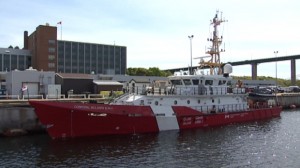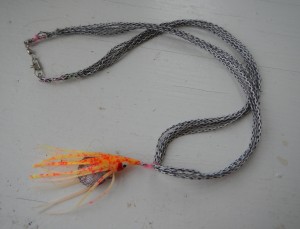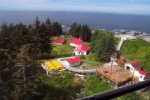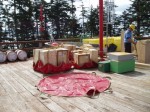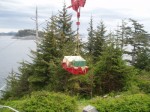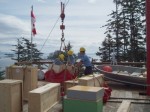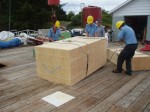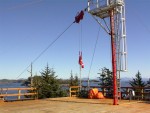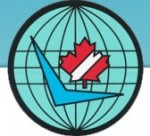 Donna Marie (Sheppard) Viereck (January 8th, 1947 Whitney Pier, NS – February 26, 2012 Prince Rupert, BC) – friend of the lightkeepers.
Donna Marie (Sheppard) Viereck (January 8th, 1947 Whitney Pier, NS – February 26, 2012 Prince Rupert, BC) – friend of the lightkeepers.
I met Donna for the first time in 1976 when I moved to Green Island lighthouse as Principal Keeper. The ship overnighted at the Prince Rupert Coast Guard Base, and such a reception from CG personnel I had never before experienced. The welcome and help was outside their normal duty.
One of the memorable people was Donna Sheppard, the boss of the Personnel office and a nicer person one could not ever meet. She had almost ten (10) years experience there before me.
Over the years of working out of the Prince Rupert office I had a lot of contact with Donna. She and I fought like brother and sister over Personnel matters but remained good friends throughout.
I am going to miss you Donna. I only wish that i had been able to say goodbye. RIP.
************************************
To include your memories in Donna’s memorial please click this link.
More information on Donna’s life can be found here on the InMemoriam.ca website.
[private]
Donna Marie (Fraser, Sheppard) Viereck
Donna Marie (Fraser, Sheppard) Viereck
Born In: Whitney Pier, Nova Scotia, Canada
Born: January 8th, 1947
Passed in: Prince Rupert, British Columbia, Canada
Passed on: February 26th, 2012
It is with deep regret and sorrow we announce the passing of Donna Marie Viereck, a dear wife, mother, stepmother, daughter, sister and grandma, on Feb. 26, 2012, after a courageous battle with cancer.
Donna was the eldest child of Margaret and the late Donald Fraser and grew up in Whitney Pier, Sydney, N.S.
Besides her father, Donna was predeceased by her husband William Sheppard (1990) and her husband Robert Viereck (2008).
Donna is survived by her mother, Margaret; daughter, Marni; son, Craig (Shelly); stepdaughter, Karmen; stepson, David; grandchildren, Riley, Brock, Jade, Dustin, Taylor, Miranda, Katie and Haiden; sisters, Peggy (Murray), Laurie, Judy (Butch), Francie (Charlie), Cathy, Gina, Patricia (Darren); brothers, Kenny (Janet), Brian (Lydia), Rod (Donna), Donald (Shauna), Stephen (Karen) and many nieces, nephews and cousins. Donna will be fondly remembered and missed by Uncles John and Buddy (Marjorie) Rodgers, Aunt Rita Burt and the Sheppard family.
In 1966, Donna moved to Prince Rupert, enjoyed raising her family and had a long career with the Canadian Coast Guard.
Donna was an avid curler and golfer. She also enjoyed her walks with Lola and Lacy, her trips home to Cape Breton and most recently her annual wine tours. The highlight of Donna’s life was any time spent with her children and grandchildren.
The family would like to extend a special thank you to Dr. Edmunds, the exceptional nursing staff from the palliative care unit that cared for her and the unconditional support of all her friends.
No flowers by request but donations in Donna’s name can be made to the Canadian Cancer Society or the palliative care unit.
Email condolences can be forwarded to jmaclean@syd.eastlink.ca.
A celebration of Donna’s life will be held at the Prince Rupert Curling Rink on Thursday, March 1, 2012 from 2-4 p.m. [/private]
